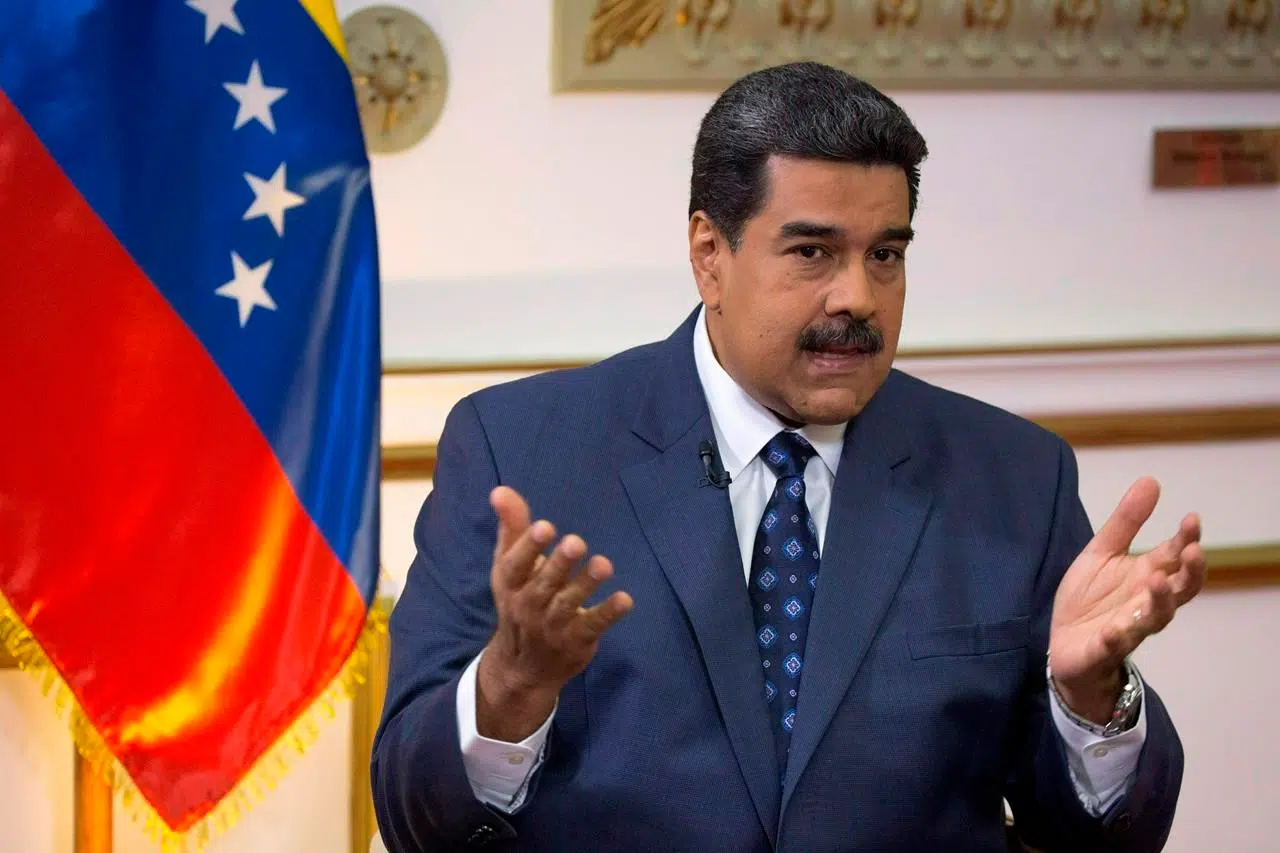
Amnesty documents Venezuelan rights violations since start of democracy protests
OTTAWA — An Amnesty International report alleging human-rights abuses by Venezuelan forces loyal to President Nicolas Maduro represents one more example of a “despicable” regime, says Foreign Affairs Minister Chrystia Freeland.
Amnesty accused Venezuelan police of hundreds of human-rights abuses following the start of pro-democracy protests in the last month. The abuses include 900 arbitrary detentions and six extrajudicial killings, the organization said in a statement released Wednesday.
The latest report “and many before it, outline how the despicable Maduro regime abuses and kills protesters and silences its critics,” said Freeland’s spokesman Adam Austen.
Amnesty says 41 people died from gunshot wounds between Jan. 21 and Jan. 25 in public protests, adding that impoverished neighbourhoods were the main targets of the abuse. It says Venezuelan authorities detained 137 children and adolescents over a 10-day period starting Jan. 21.


